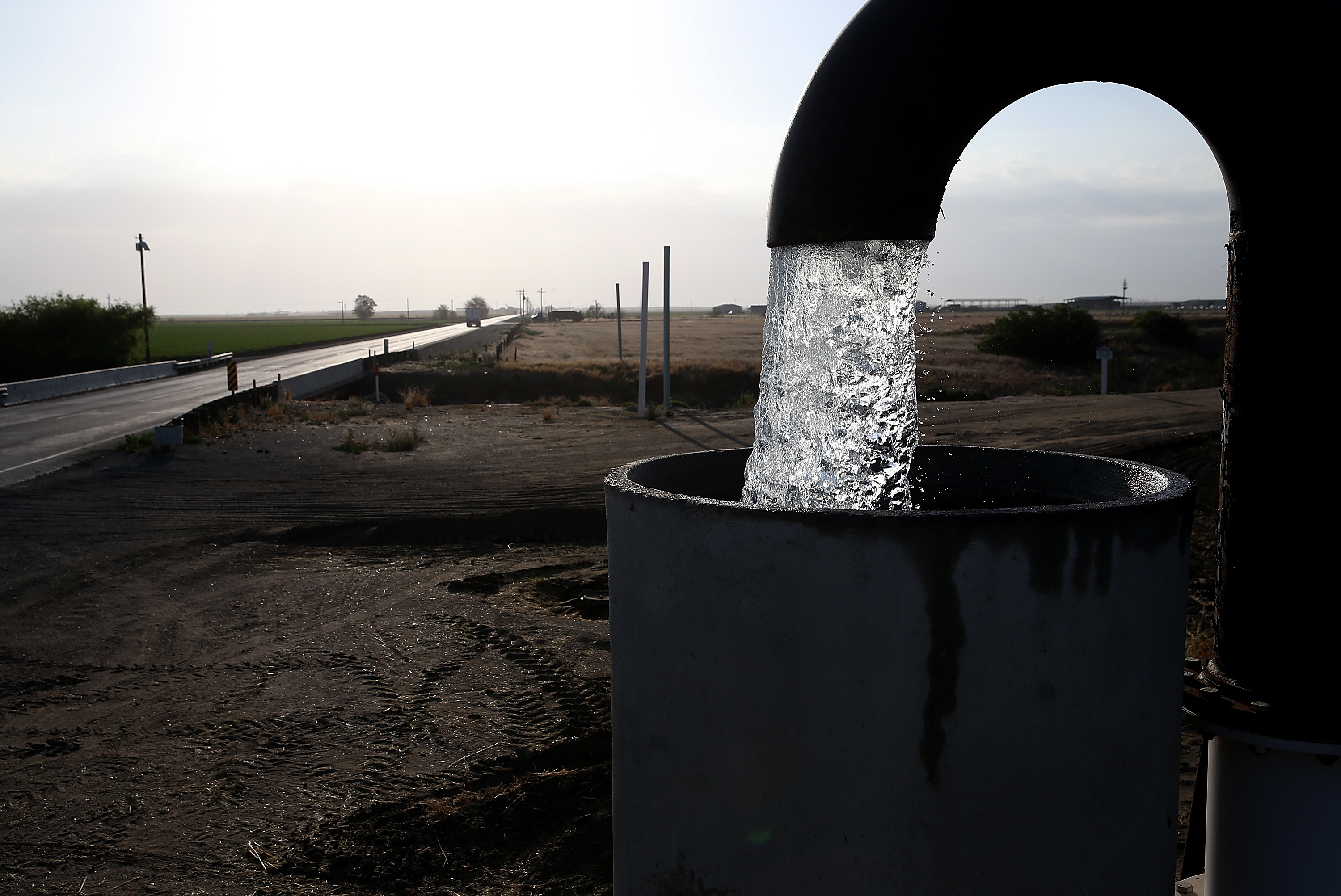Lawmakers in California advanced a bill through the Assembly in May on a 59-0 vote that would mandate clean water for tenants in locations served by domestic wells.
Assembly Bill 2454, authored by Assemblyman Alex Lee, would require landlords with renters who rely on private wells to test the water annually—using free domestic water testing programs if available—and share results with tenants within 10 days. If the water fails to meet quality standards, an adequate supply of clean drinking water must be provided within 14 days.
“This bill will ensure that those living in areas serviced by domestic wells are not drinking toxic tap water,” Mr. Lee said April 23 during an Environmental Safety and Toxic Materials Committee hearing.
Highlighting Assembly Bill 685 passed in 2012—known as the Human Rights to Water law—that established state policy that every human being has an adequate and accessible supply of safe, clean, and affordable water for human consumption, cooking, and sanitation, he said his bill is needed to ensure that all Californians are afforded such rights.
“Tenants should have the same human right to access safe drinking water as homeowners,” Mr. Lee said in legislative analyses.
One lawmaker in support said the measure would benefit Californians impacted by contaminated well water.
“Anytime we have bills that are dealing with the issue of clean, safe drinking water ... those are important bills for all of us,” Assemblyman Eduardo Garcia, chair of the environmental safety committee, said during the hearing. “This is a really important matter that needs a lot of work to continue, not just with one bill, but kind of the follow through that takes place and the oversight at the water board.”
Existing law does not require the state’s water board to regulate domestic wells, though both it and the U.S. Environmental Protection Agency recommend annual testing.
The environmental agency reports a broad range of health problems related to drinking tainted water—including gastrointestinal illnesses that cause diarrhea, nausea, stomach cramps, and vomiting. Some contaminants are known to cause cancer, organ damage, developmental and reproductive damage, and neurological changes.
With no law requiring well water testing for tenants, experts said that some renters are unknowingly exposed to dangerous conditions.
“Because neither state nor federal law requires domestic wells to be tested for drinking water contaminants, renters may not know whether contaminants are present in their drinking water,” consultants with the environmental safety committee said in their legislative analysis. “Without explicit protections, they may not be willing to test the water for a domestic well that they do not own.”
Other states, including New Jersey and Maryland, have enacted laws to protect tenants by requiring regular testing and clean drinking water for renters.
A California law known as the Safe Drinking Water Act passed in 2023, Assembly Bill 664, sought to protect some tenants in disadvantaged communities by requiring domestic well owners to participate in projects meant to improve water quality or provide safe drinking water to tenants, though the measure affects a limited population of tenants statewide.
There are about 2 million domestic wells in California, and about 1 million people are impacted by contaminated well water, according to the bill’s author.
In a 2022 report titled “Drinking Water Needs,” the water board estimated that 33 percent of domestic wells are in disadvantaged communities and that 43 percent of such wells are identified as at-risk—meaning they are in areas with high levels of contaminants that could exceed water quality standards.
Citing tests showing high levels of arsenic, uranium, and other contaminants in some domestic wells, supporters of AB 2454 say the “common sense measure” would provide benefits to vulnerable populations most in need of clean water.
“Residents served by these wells may be drinking contaminated water without ever knowing it,” Michael Claiborne, directing attorney at the Leadership Counsel for Justice and Accountability—a community advocacy nonprofit—said in April during the environmental safety committee hearing. “This is especially troubling when domestic well owners’ failure to participate [in free water testing programs] puts other residents at risk.”
Abraham Mendoza of the Community Water Center—a California-based nonprofit and co-sponsor of the bill—said during the hearing that thousands of renters in the Central Valley currently rely on bottled water because wells that serve their homes are contaminated or have run dry.
Community-based organizations—including Clean Water Action, and the Environmental Working Group, among others support the bill—and said that existing free water testing programs fail to reach those most in need due to a lack of participation from some property owners.
“The result is that many tenants cannot access these programs, and that they are not nearly as effective or equitable as they should be when a domestic well owner does not reside onsite, is unresponsive, or if they decline to receive these essential services,” the groups said in a joint statement published in legislative analyses.
“To fully realize the promise of the human right to water, California must ensure that its most vulnerable—including renters who live in disadvantaged communities and have limited control over their water quality—have access to safe drinking water.”
No groups were listed in opposition to AB 2454, and no opposing witnesses testified in the Assembly committee’s hearing.
AB 2454 is now awaiting committee assignment in the Senate and will be heard by lawmakers in the coming weeks.














